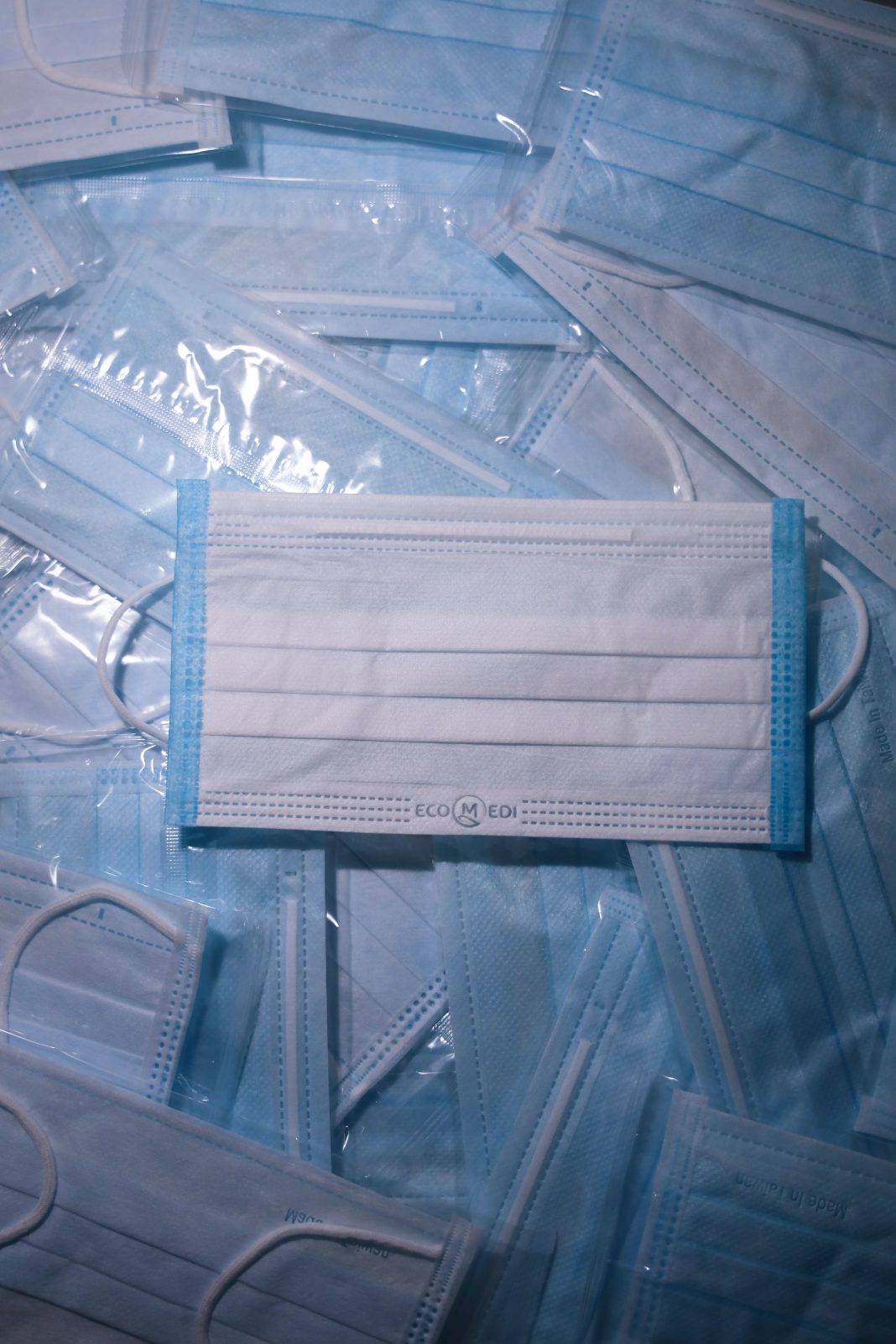SAN FRANCISCO—On Wednesday, May 27, the city announced the “Right to Recover” program, which will offer wage replacement to San Francisco residents living paycheck to paycheck who contract COVID-19 and cannot access unemployment insurance.
The financial relief program will give any eligible resident two weeks-worth of San Francisco’s minimum wage, amounting to around $1,285. It will reportedly begin providing assistance in the upcoming few weeks.
It intends to fill the financial gap for those quarantining to recover from COVID-19 but do not qualify for financial aid, whether that be paid sick leave, federal stimulus packages, or unemployment insurance. With respect to that goal, the stipend will be available to all San Franciscan residents regardless of citizen or immigration status.
The city is financing the program through its Give2SF fund. Give2SF is the primary endowment that San Francisco is using to provide necessary charity for those negatively impacted by the pandemic. It was established as part of the “Second Supplement to Mayoral Proclamation Declaring the Existence of a Local Emergency,” which was issued on March 13.
The Right to Recover program will use $2 million from Give2SF, about 8% of the fund’s current total. This initial money reportedly expects to serve over 1,300 San Francisco residents.
According to the Give2SF website, in addition to Right to Recover, donations made to the fund contribute to supporting essential facilities and supplying protective gear, as well as helping businesses and nonprofits that are suffering “temporary closures or reduced demand due to the public health crisis.”
The Right to Recover program follows a study published by the University of California, San Francisco on May 4. The study surveyed almost 3,000 residents and workers in the Mission District. Of the participants, 42 tested positive for COVID-19. The results ultimately outlined demographics that have been more vulnerable to contracting the virus.
“The results so far suggest that those who are at highest risk for infection are those who cannot easily shelter in place due to job loss, furloughs, or because they are providing the essential services. Among those who tested positive, 90 percent reported being unable to work from home,” the report said.







